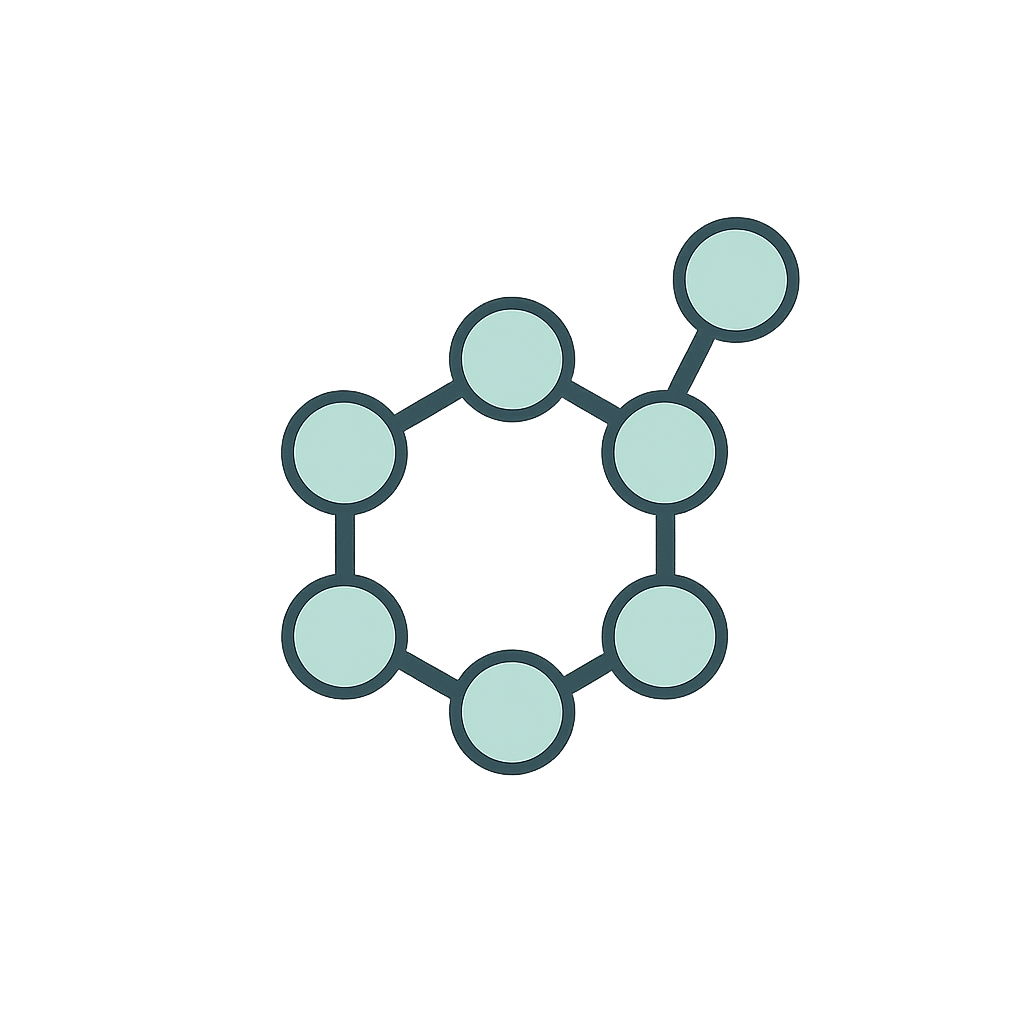Hydrolyzed Rice Protein

6-12 month old babies • Skin contact product
Check for Different Age (6 available)
Can older babies use Hydrolyzed Rice Protein?
ℹ️General Overview
For babies 6-12 months (infants, older babies, toddlers approaching 1 year), this ingredient is usually gentle and not likely to cause cancer or developmental problems. Most people do not have allergies to it. The main concern is possible contamination from pesticides or impurities during processing.
✅What to Do
Choose baby-specific products from brands that say they test for purity or avoid pesticides. If you try a new product, do a small patch test on your baby's inner forearm and wait 24 hours to watch for redness, swelling, or rash. Prefer rinse-off products (like baby shampoo) over leave-on products when you aren’t sure about the brand’s testing. Avoid applying to broken skin and keep products away from your baby’s mouth and eyes.
⚠️Warnings
Stop use and contact your pediatrician if you see redness, swelling, hives, blistering, or any breathing trouble after using a product with this ingredient. The ingredient record flags contamination concerns (pesticide residues) and notes gaps in safety and manufacturing information — that is the reason to prefer tested or certified products. Also avoid if your baby has a known rice or grain allergy. Some product verification programs restrict this ingredient unless manufacturers show proof of purity.
Are you holding the product?
Scan the full ingredient label and understand if it's safe for your child.
Safety Risk Labels
This ingredient has the following documented risks:



Tap or hover over labels to see detailed risk information.
Alternative Names for Hydrolyzed Rice Protein
This ingredient may also be listed as:
Always check ingredient labels carefully, as ingredients may be listed under different names.
Products Containing Hydrolyzed Rice Protein
This ingredient is found in the following products:
This list shows products that contain Hydrolyzed Rice Protein or its alternative names.
Common Questions About Hydrolyzed Rice Protein
Can older babies safely use Hydrolyzed Rice Protein?
Yes, Hydrolyzed Rice Protein is generally considered safe for 6-12 month old babies based on current research.
What are the environmental risks of Hydrolyzed Rice Protein for older babies?
Possible negative effects on the environment This is especially important for babies whose skin and systems are still developing.
What are the banned risks of Hydrolyzed Rice Protein for older babies?
Banned or heavily restricted in one or more countries. This is especially important for babies whose skin and systems are still developing.
What are the long-term risk risks of Hydrolyzed Rice Protein for older babies?
Linked to long-term health effects after years of use or exposure. This is especially important for babies whose skin and systems are still developing.
What products contain Hydrolyzed Rice Protein?
Hydrolyzed Rice Protein is commonly found in skincare products, cosmetics, and topical applications. Always check ingredient labels before use.
Is this appropriate for older babies to using products with Hydrolyzed Rice Protein?
The appropriate age depends on the specific ingredient properties and concentration. This analysis is for 6-12 month old babies. Use the age selector above to check other ages.
Want to scan another product?
Use our camera scanner to analyze more ingredient labels
Scan Another Product